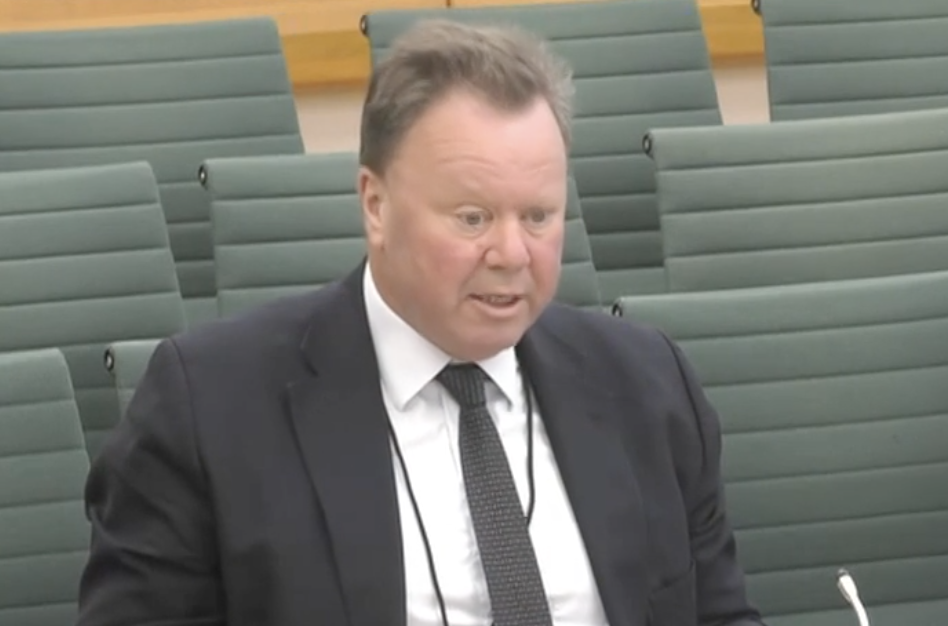The wealthiest people in the UK have slashed their giving to charities by more than a fifth despite seeing their earnings increase, research has found.
The figures cover the period prior to the pandemic and show there was a steep decline in donations from Britain’s top 1% of earners, who have pre-tax incomes of at least £175,00 a year.
Research has found their typical donations dropped by 21% in real terms between 2011 and 2019, from £680 a year to just £538.
This fall was despite their typical annual income rising by 10% from £247,000 to £271,000.
The findings have emerged in a study by the Law Family Commission, which has been set up by think tank Pro Bono Economics to look at the future of civil society.
This estimates that charities “missed out” on £2.1bn in income between 2011 and 2019 because the UK’s rich did not give to charities in line with their income growth.
The Commission also found that nearly two thirds (63%) of the total value of their donations comes from only 0.5% of this group, just 1,700 individuals.
To encourage giving ministers are being called on by the Commission to appoint a ‘philanthropy commissioner’ across Whitehall. In addition, ‘philanthropy champions’ should be appointed to work with elected mayors to coordinate and encourage giving by the rich at a local level.
Greater collaboration among philanthropists, politicians and charities is also needed, says the Commission.
“The British public has a rich tradition when it comes to charity, epitomised by the millions of acts of kindness and support we saw at the height of the pandemic,” said Commission chair Gus O’Donnell.
“But this new research for the Law Family Commission on Civil Society shows that those with the deepest pockets can afford to reach a little further. Among the top 1% in Britain, there is a generosity gap between a handful who give very significant amounts and the majority who give substantially less.
“The Commission is calling for a collaborative effort between philanthropists, the government, business and the charity sector to help close this gap.
“There is a leadership role for the government in this. We support proposals for a government-appointed philanthropy commissioner to drive this agenda and would like to see a lead civil servant in the Treasury devoted to philanthropy.
“At a local level, the nomination of philanthropy champions working with metro mayors could help to ensure philanthropy is directed to the communities that need it the most.”
Latest News
-
From comics to crockery: the best places for charity shop sales revealed
-
Three arrests made amid ‘large-scale theft' of charity clothes donations
-
Global majority voluntary sector leadership programme launches
-
Agency overhauls community charity’s brand for free
-
Mothers and babies charity to close ‘due to ongoing funding struggles’
-
FareShare interim boss takes role on a permanent basis
Charity Times video Q&A: In conversation with Hilda Hayo, CEO of Dementia UK
Charity Times editor, Lauren Weymouth, is joined by Dementia UK CEO, Hilda Hayo to discuss why the charity receives such high workplace satisfaction results, what a positive working culture looks like and the importance of lived experience among staff. The pair talk about challenges facing the charity, the impact felt by the pandemic and how it's striving to overcome obstacles and continue to be a highly impactful organisation for anybody affected by dementia.
Charity Times Awards 2023
Mitigating risk and reducing claims

The cost-of-living crisis is impacting charities in a number of ways, including the risks they take. Endsleigh Insurance’s* senior risk management consultant Scott Crichton joins Charity Times to discuss the ramifications of prioritising certain types of risk over others, the financial implications risk can have if not managed properly, and tips for charities to help manage those risks.
* Coming soon… Howden, the new name for Endsleigh.
* Coming soon… Howden, the new name for Endsleigh.
Better Society

© 2021 Perspective Publishing Privacy & Cookies











Recent Stories